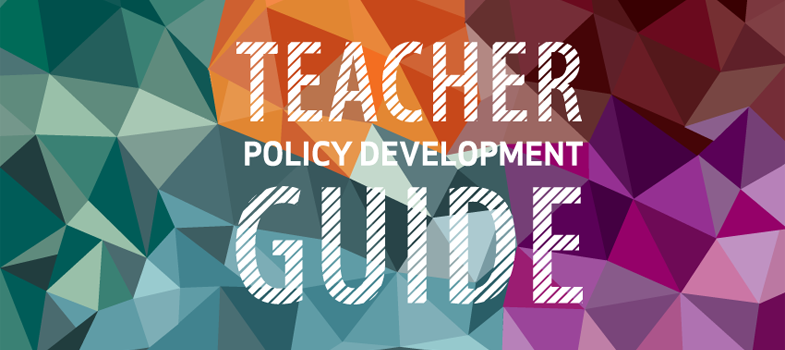Glossary
You can use the course glossary to help with any unfamiliar terminology.
Special | A | B | C | D | E | F | G | H | I | J | K | L | M | N | O | P | Q | R | S | T | U | V | W | X | Y | Z | ALL
E |
|---|
Education for All (EFA)
The Education for All movement is a global commitment to provide quality basic education for all children, youth and adults. Governments, development agencies, civil society and the private sector are working together to reach six EFA goals by 2015.
| |
Education for Sustainable Development (ESD)
An approach to education based on the principle that education is a key to promoting the values, behavior and lifestyles necessary for a sustainable future.
| |
Education Management Information System (EMIS)
A system designed to collect, manage, process and report data about an education system, including information relating to schools, learners, teachers and staff; this information is an important basis for the formulation, management and evaluation of education policies.
| |
E-learning
The use of electronic educational technology or information communication technologies in learning and teaching.
| |
Evidence-informed practice (EIP)
An approach to policy development which aims to use research, information and knowledge about practices to guide policy design and implementation, with the objective of achieving better outcomes for people and communities.
| |
For further information, take a look at our frequently asked questions which may give you the support you need.
If you have any concerns about anything on this site please get in contact with us here.
